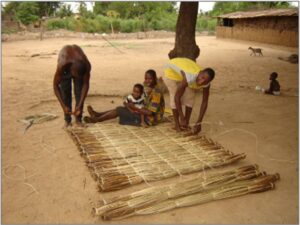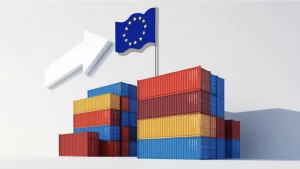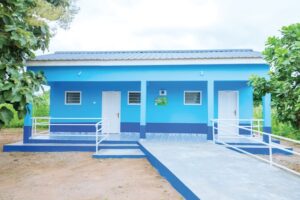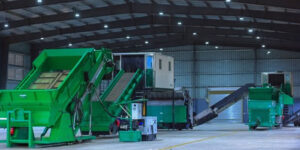Reviving South Tongu’s Mat Weaving Craft for Economic Growth.
In Aglokpovia, a community in the South Tongu District of the Volta Region, mat weaving has been a cherished tradition and a vital source of income for generations. This craft, mainly upheld by women, symbolizes resilience and skill but struggles to reach its full economic potential due to outdated tools, lack of market access, and insufficient investment.Assemblywoman Victoria Dzekloe highlights the challenges, noting that many mats remain unsold due to the absence of a centralized market or proper storage. She envisions a state-of-the-art mat weaving centre to serve as a production hub, marketplace, and gateway to regional and international markets.The proposed centre would not only empower women economically but also preserve this cultural heritage while promoting eco-friendly, sustainable products. Dzekloe calls on local authorities, NGOs, and development partners to support this transformative project, which promises to uplift the community and […]





